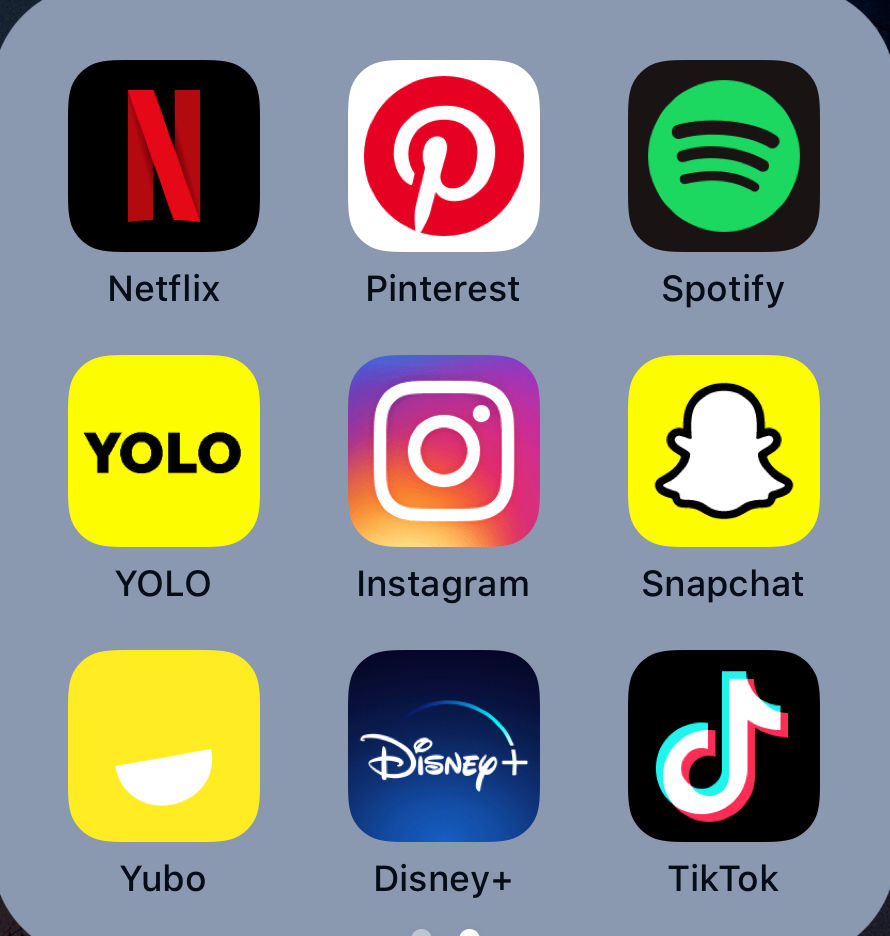Social Media and Body Image
- TeenToTeen

- Sep 8, 2020
- 3 min read

Today, social media has a huge impact on many teenagers’ body image. On social media, teenagers such as myself have a fixed image of what our body is “supposed” to look like. Social media not only affects our self image, but also our mental health. The pressure teens feel to project a certain image of themselves on social media can be extremely degrading to their mental health.
Social media has influenced not only my body image, but the way I perceive myself. I remember telling my friend one day that I deleted Instagram after she asked why I had not posted in a few weeks. She was shocked, knowing how much I use the app and love posting on it. She asked why I deleted it, confused as to why I would ever delete the app. I told her I felt my self esteem and confidence deteriorating as I constantly began to compare myself with people in posts. Whether it was a skinny girl in a bikini, or someone at a cool-looking party, I instantly felt self conscious about my body not being skinny enough, and by not being at that party, I felt inferior or not as cool as them. I worried about not getting enough likes on an Instagram post–believing that if I got over 400 likes, my post would somehow be good enough. Good enough for who, though? I became so obsessed with the amount of likes that I got that if I did not reach a certain amount of both likes and comments, I would delete the post no matter how much I liked it. I used the amount of likes I got as self validation: if I got my desired amount of likes on Instagram, I was good enough. Social media was once the platform I used to express my interests but now it became a burden. I stopped valuing my opinion of myself and began using social media to dictate my self worth. I constantly body shamed myself for not having the “ideal body” that I saw in Victoria’s Secret ads or on models’ Instagram accounts.

The way I personally prevented myself from feeling down after scrolling through my Instagram feed was, instead of comparing myself to the posts I saw, I found ways I could benefit myself in healthy ways. Instead of wishing I had clear skin, I started using my face wash I had neglected for the past few weeks and my skin cleared up. I used what I saw on social media to motivate me to better myself instead of envying what I might eventually accomplish. I used to constantly say to my friends, “I wish I had her body” or “I wish I had her hair color.” However, instead of saying these things which only brought me down, I began to think to myself, “She has a great body, but so do I” or “I love her hair color, but mine’s pretty great too.” Not only am I complimenting the other person, but also myself. Changing your mindset is key in preventing social media from negatively affecting your mental health. Unfortunately, no one can ever completely rid themselves of negative thoughts. Even with all the confidence in the world, you will still find your mind comparing yourself to others. However, you can prevent this from becoming an unhealthy, constant habit.
I have learned that there is no such thing as an “ideal body type.” Every person’s body is different and beautiful. I did not learn to love my body overnight. I still struggle with comparing myself to others. There is no revelation where you suddenly love every part of yourself. It is a process. Of course there will still be days, maybe weeks, or even months, where you feel insecure about your body. However, by using the few tricks I do, you will find yourself obsessing less over comparing yourself to others.
Name: Sheldi Kyin
Editor: Claire Ottenstein
Graphic Designer: Tiffany Tran
Photographer: Sophie Hafter



Comentarios